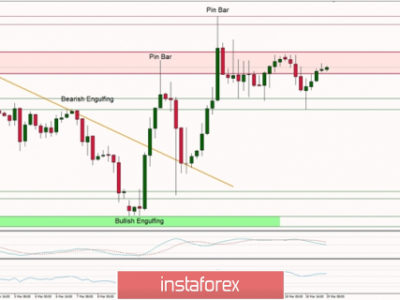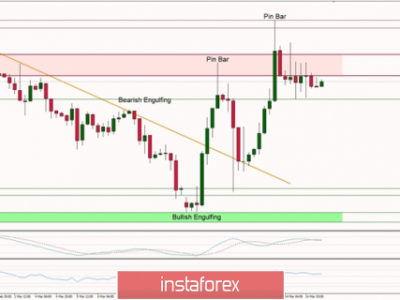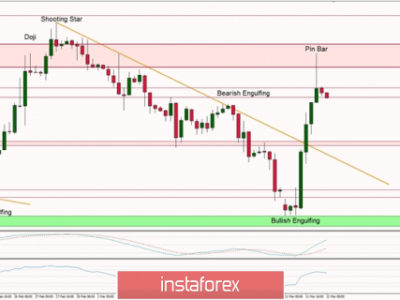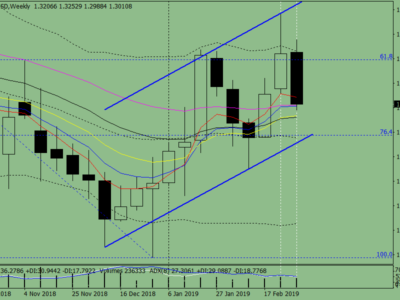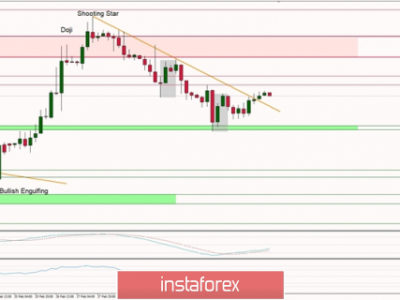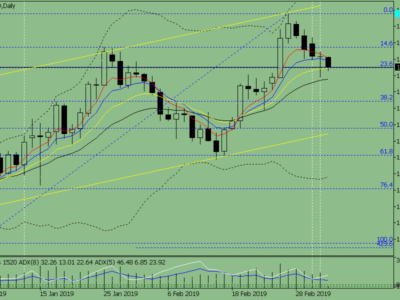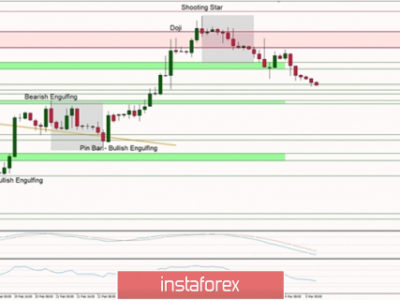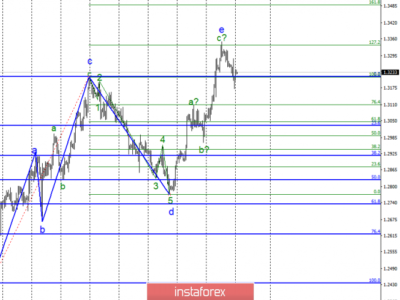UK’s slow economic data support low interest rates
UK could refrain this year also from raising interest rates after a report showed that the nation’s services sector slowed down considerably. Concerns surrounding the upcoming referendum on whether UK should remain in the European Union, the instability of financial markets as well as the slowdown of global economic growth have shaken the confidence of UK’s services sector.
According to data released on Thursday by Markit Economics about the services sector (Markit Services PMI), the February index unexpectedly slipped to 52.7 in February compared to the previous month’s 55.6 reading. Forecasts by analysts were indicating for a higher 55.1 reading but February’s data dived to a three year low instead. The gauge is still above the 50 mark and so it still signals expansion than contraction.
UK interest rates have been kept to an all time low of 0.5% for the seventh year in a row. So with last week’s services sector discouraging figures, the Bank of England (BOE) received some reassurance that keeping the interest rate at such low levels is a good decision because there is currently no substantial threat for inflation to increase sharply. There is even a group of economists who believe that there is a likelihood of trimming interest rates further towards zero, and to be honest there is no argument against that given that the BOE’s Governor Mark Carney stated a couple of weeks ago that the trim is an option.
The Markit Services PMI report indicated that UK’s largest sector increased with the lowest margin since 2013 when there were worries for the economy falling to recession. More data releases during last week from the same source on the UK’s smaller sectors showed that the manufacturing and construction sectors for February also reduced from 52.9 to 50.8 and from 55 to 54.3 respectively. This is hard evidence to suggest that there is a slowdown of economic growth and provides BOE with more reason to carry on with ultra low interest rates.
Rather than speculating on the timing for a rate hike, last week’s discouraging data has instead shifted discussions on when policymakers might introduce additional measures to boost the economy. The downbeat data were in line with similarly subdued reports released last week about the Chinese, U.S. and Eurozone services sector and points to global reduction of demand. The actual Markit UK services report stated that increased global economic volatility resulted in less demand for services by firms. The report also attributed the decrease of confidence due to the upcoming UK’s referendum on whether to stay in the EU, also known as Brexit.
The GBP/USD immediately reacted to the Markit Services PMI with a temporary and negligible decrease by 0.3% during the next two hours. But it was a generally upwards trend during last week’s trading for the currency pair as on Friday it increased by 0.4%, and on a weekly basis there was an overall increase by a noteworthy 2.6%.
The increasing possibility of keeping low interest rates is good news for borrowers but on the other hand it will disappoint those with savings. It may just be a matter of time until the sterling feels the effects of the gloomy economic situation.
The post UK’s slow economic data support low interest rates appeared first on Forex.Info.


